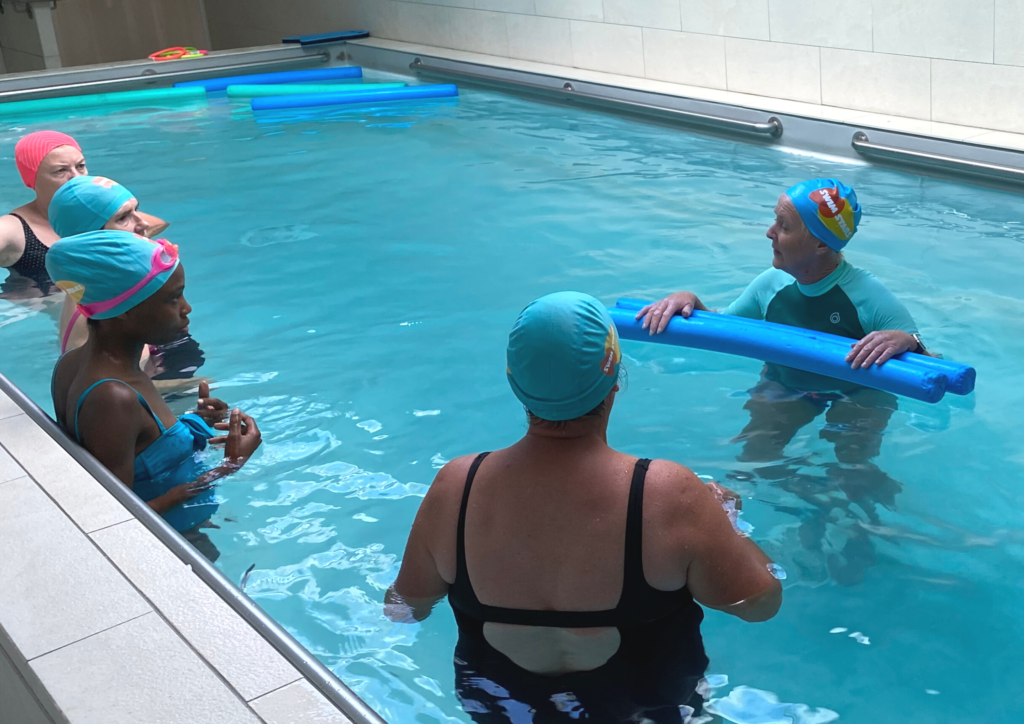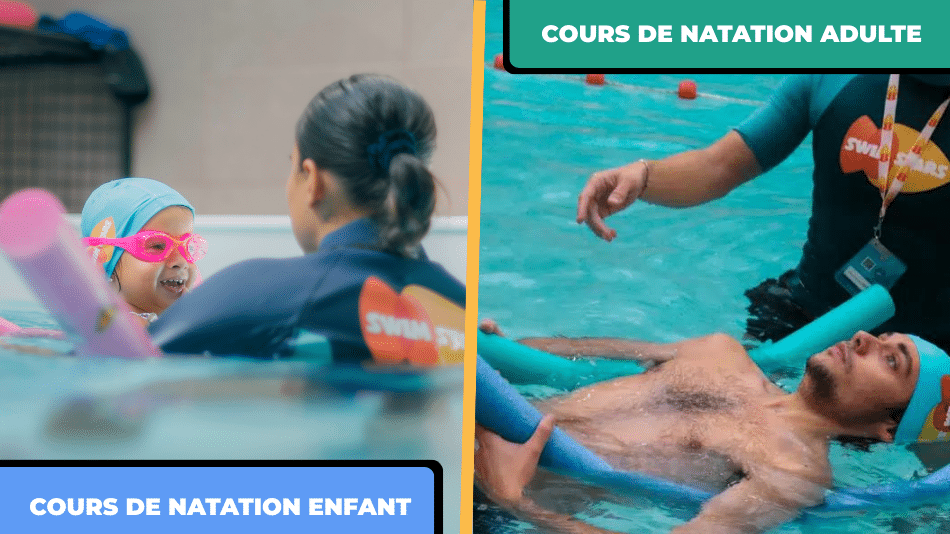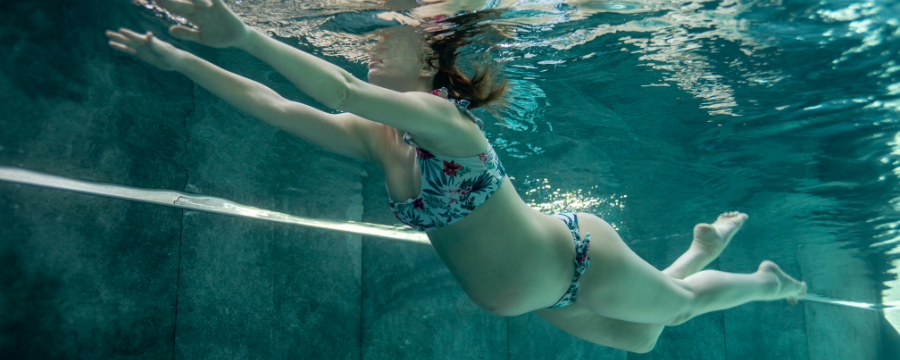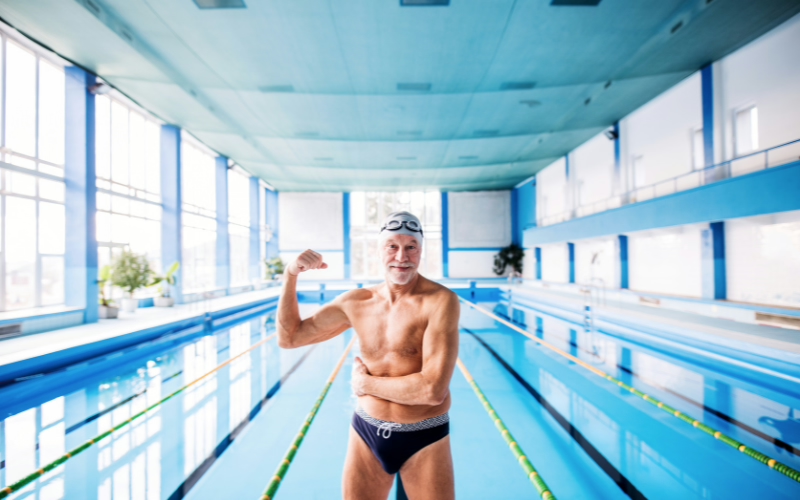Aquaphobia is an abnormal fear reaction related to the presence of large bodies of water. Not everyone suffers from this phobia, but for those who do, it can be a serious problem that affects their daily lives. In this blog post, we will explore what
aquaphobia
the common symptoms and causes as well as possible solutions.
What is aquaphobia and what are the symptoms?
It is the fear of water. It is an anxiety disorder that can affect people in different ways depending on the individual. Symptoms of aquaphobia can include: increased heart rate, difficulty breathing and a feeling of paralysis, excessive sweating when imagining being near water. Scary feelings around pools, lakes and oceans. But also, a panic while watching a movie with water scenes. People with this phobia may also have difficulty swimming and may not want to go near water.
It should be noted, however, that aquaphobia and hydrophobia are not the same thing, the difference being that hydrophobia is an irrational fear of anything to do with liquids rather than water itself.
What are the possible causes of aquaphobia?

Fear of water is a surprisingly common condition with many causes. Most often, it may be a genetic and cultural disposition, with some individuals naturally having a greater fear of being near water than others. It can also be caused by negative experiences associated with water, such as almost drowning or being pushed into deep water when you were younger. In addition, the media and popular culture often contribute to aquaphobia by imagining the unknown of deep water and depicting monsters or disturbing portrayals of sea creatures. Similarly, many people also develop strong cases of aquaphobia because of personal emotional problems such as a lack of confidence in their own physical abilities or anxiety. Finally, another common cause is a lack of basic swimming skills, which can lead to feelings of insecurity and discomfort in the water environment. All of these factors combine to make aquaphobia a relatively widespread problem that requires specialist attention and care to overcome effectively. People facing these difficulties are looking for appropriate and personalized assistance.
How to overcome aquaphobia
For those looking for self-guided ways to combat their fear of water, there are a variety of exercises that can help. According to research conducted by medical experts, people with aquaphobia can benefit from a cautious start: simply immersing your hands in a bowl of water or sitting by a pool and letting your feet dangle in the water for several minutes. As comfort levels increase, more complex activities to push one’s limits, such as swimming with a flotation device or doing water aerobics, may be recommended. In addition, relaxation techniques such as mindfulness meditation can be helpful in alleviating water-related fear and anxiety. The goal of these self-help approaches is not necessarily to become an excellent swimmer; rather, it is to make it easier for people to enjoy activities such as boat rides, fishing trips and beach days in comfort. With patience and practice over time, we believe it is possible for anyone with aquaphobia to overcome these fears.
Treatment for aquaphobia begins with understanding the condition and the difficulty a person may be facing and wanting to overcome their fears. You will have to concentrate and devote yourself to defy the water and also your own thoughts.
One way to deal with it is to seek professional help. Therapeutic approaches to deal with aquaphobia include behavioral therapy, cognitive behavioral therapy, hypnotherapy and psychotherapy.

There are many swim coaches who provide lessons for people with aquaphobia and hands-on interventions that offer both psychological insight and support. Step by step, you can gain the confidence to dip your toes in the water and explore its soothing pleasures.
With the guidance of our instructors, you will learn how to move efficiently in the water, control your breathing, float in place and stand up, to name just a few of the basics that are covered in the
Swim Stars
. With patience and determination, results are usually visible within 3 to 6 months for those who follow regular sessions and perform the required tasks. Although the time frame may vary depending on the individual, if the process is approached with determination, success is possible!
Aquaphobia, or fear of water, is a real and sometimes debilitating phobia. Although it can be caused by bad experiences or a lack of basic swimming skills, there are ways to overcome it. Self-guided ways are possible, but working with professional swim coaches who specialize in helping people overcome aquaphobia can lead to success in just a few months. If you are looking for help to overcome your aquaphobia, Swim Stars offers
lessons
for adult
aquaphobic adults
from the age of 16 that can make all the difference.
Recent Posts
- How long does it take to learn to swim?
- Aquagym and pregnancy: the benefits of a gentle activity for expectant mothers
- Staying active at all ages: Aquagym benefits and tips for seniors
- Safety at sea: Baptiste Monet sounds the alarm after summer drownings
- Auto-Rescue in the spotlight: François Leroy and Swim Stars on France 3!






